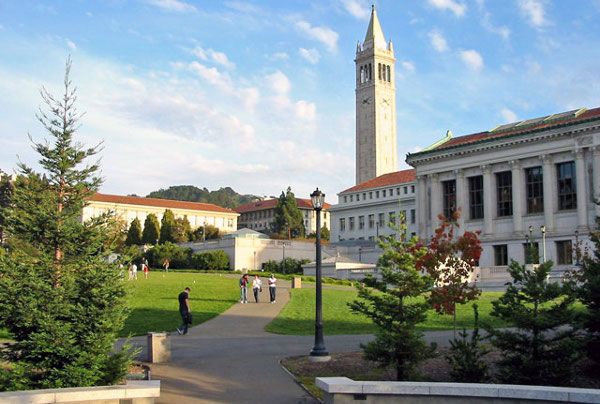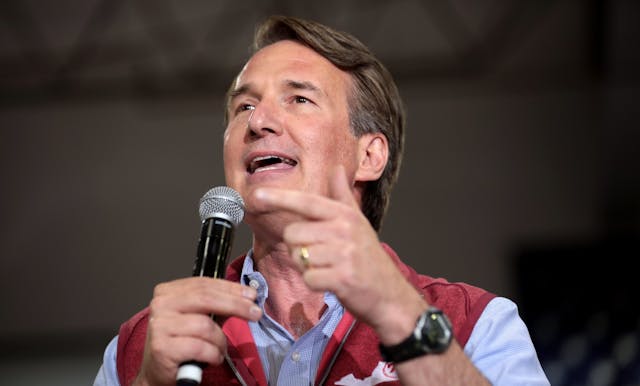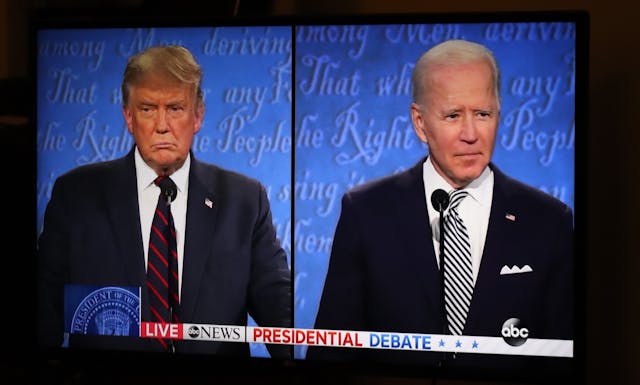Understanding California Proposition 30


Understanding California Proposition 30 is based on a single crucial point: The $6 billion in revenue that Prop 30 expects to raise is already included in the state budget. Thus, if Prop 30 does not pass, the California budget will have an immediate, gaping hole of $6 billion. This will trigger $6 billion in mandated budget cuts. Almost all of it will affect public education which has already had $20 billion in cuts in the past four years.
The Official Title and Summary of Proposition 30 explains:
The state’s 2012–13 budget plan—approved by the Legislature and the Governor in June 2012—assumes passage of this measure. The budget, however, also includes a backup plan that requires spending reductions (known as “trigger cuts”) in the event that voters reject this measure.
Proposition 30 would raise taxes for several years to fund education. It will:
- Increase sales and use tax by 0.25% cent for four years.
- Increase personal income tax for seven years for those making over $250,000.
- Allocate temporary tax revenues 89% to K–12 schools and 11% to community colleges.
- Bar use of funds for administrative costs, allows local school to decide, in open meetings and subject to annual audit, how funds are spent.
- Guarantee funding for public safety services shifted from state to local governments.
- Put the money in a locked account that the legislature cannot use for any other purpose
California has an unfortunate habit of making rosy estimates of expected revenue only to discover months later that the revenue did not appear. For example, the current California budget assumes $2 billion in capital gains taxes from the sale of Facebook stock after its IPO, based on a projected price of $42/share. However, Facebook now trades at $21/share. Capital gains revenue will thus be a few hundred million. This shows the perils of estimating revenue based on the income of top 5% or so. If their income fluctuates unduly, so will that of California.
The non-partisan Legislative Analyst's Office says of Prop 30:
Due to these swings in the income of these taxpayers and the uncertainty of their responses to the rate increases, the revenues raised by this measure are difficult to estimate.
Yes on Prop 30 emphasizes that the new taxes are temporary. All funds will be subject to independent audits each year. The burden will fall primarily on the wealthy. Mandated education cuts will be devastating if Prop 30 fails. Therefore, Prop 30 has to pass because K-12, community colleges, and universities must receive the funding.
Stop Prop 30 says Prop 30 will hurt small businesses since many of them pay individual not corporate taxes of their earnings. The sales tax hike of 3% means everyone pays more. Prop 30 solves nothing because underlying problems of government waste will still be present. Worse, it proposes permanent spending based on fluctuating, temporary sources of income.
Polls show that a majority of voters support Prop 30 but that support is slipping.



